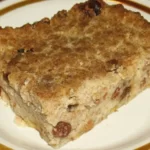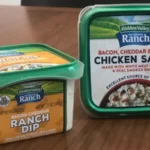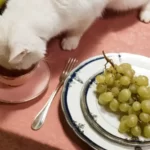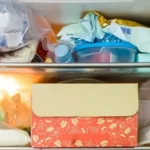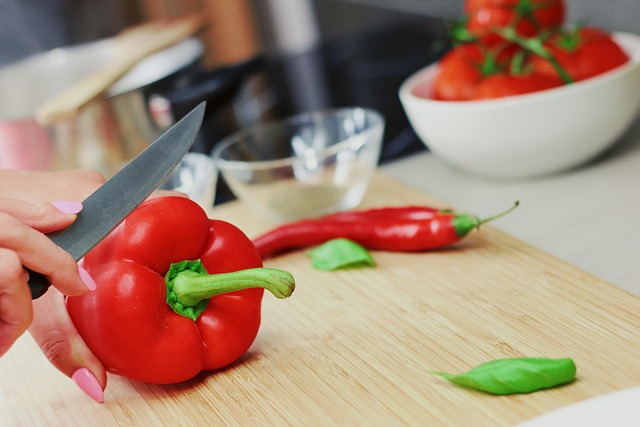
Yes, peppers need to be refrigerated. However, if an uncut pepper is left out for a few hours or even overnight, it will probably not spoil. The skin of a pepper will guard against the softer inner flesh drying out and starting to rot.
But should you put your peppers in the refrigerator right away? Or, for best results, should you cut them or freeze them? Let’s examine some of the ideal pepper storage techniques.
The bell pepper should definitely be placed into a baggie and placed in the refrigerator if it has already been cut into slices or if you are saving half of it, but only for so long. The pepper’s interior will quickly become dry and limp if its protective skin is removed.
Table of Contents
How Long Will Peppers Stay in the Refrigerator?
We now know that peppers must always be kept in the refrigerator. How long will they remain fresh in the crisper drawer, though? Peppers are fairly resilient and do well when kept cold. When left unused for an extended period of time, they are vulnerable to mold growth.
When kept in the refrigerator, peppers will typically remain edible for 7–10 days. Along with the rotting process, any mold growth is slowed down by the cool temperatures. Before eating peppers that have been stored in the refrigerator for more than 10 days, inspect them for mold on the inside and the outside. We have experienced this once or twice. Mold spores can infiltrate an uncut pepper and start growing underneath the surface! As a general rule, try to use your fresh peppers within a week of purchasing them.
How Long Will Unrefrigerated Peppers keep?
A fresh, ripe pepper should be able to remain at room temperature for up to a week; however, a number of factors can cause a shorter shelf life. Your peppers’ color (or ripeness), whether or not they are cut, and whether or not they are cooked or raw all affect how long they will keep when left out of the refrigerator.
Since peppers require a specific level of humidity, the fact that the air in your kitchen is probably less humid than the air in your refrigerator will also have an effect on shelf life. Green peppers will last the longest unrefrigerated. The shelf life of cooked peppers, if not kept in the refrigerator, is the shortest, lasting only a few hours. Uncut peppers last longer than cut peppers.
In addition to the aforementioned variables, there are a number of other uncontrollable elements that affect how long peppers last. These consist of the amount of time the pepper was in storage and transit following harvest. The circumstances under which it was stored play a significant role in its shelf life. For instance, when you purchased it at the grocery store, was it refrigerated?
You can take precautions like limiting your grocery store selection to the firmest peppers to extend the shelf life of our peppers without refrigeration. In order to prevent drying out, you should also keep the stems on and store the peppers in a paper bag. In the coolest area of your house, keep the paper bag containing the peppers.
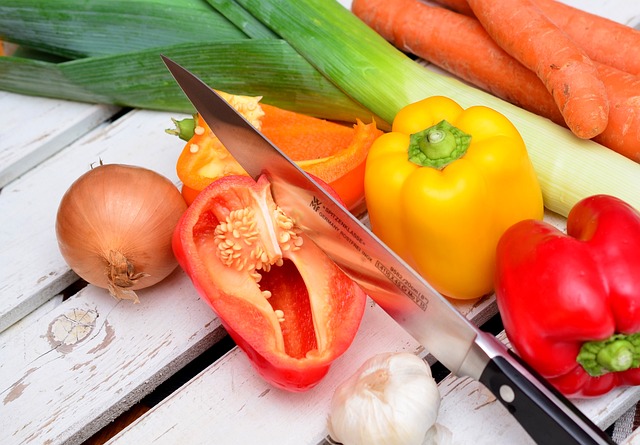
Does Refrigeration Impact a Pepper’s Flavor, Crunchiness, Or Spiciness?
Only the delay of spoilage and the extension of those qualities’ preservation will have any effect on a pepper’s flavor, crunch, or spiciness. Peppers can begin to dry out if they are improperly stored in a refrigerator, just like they would if they were kept at room temperature. Peppers that are dehydrated will become mushy. For a while, you will still be able to use them in cooked meals, but due to their texture, you might want to avoid using them in salads and other raw applications.
Does Refrigeration Slow Down a Pepper’s Ripening Process?
It can ripen in just two weeks if kept in a paper bag and kept at 70 degrees Fahrenheit. With refrigeration, lowering the temperature to the mid-fifties slows ripening so that the same process could take up to a month.
Tips for Refrigerating Peppers
Don’t Wash Your Peppers
When it comes to getting your peppers to stay fresh for as long as possible, moisture is your enemy. To increase shelf life, you must keep your peppers away from excessive moisture. Up until the point of use, there is no need to wash your peppers. Before placing your peppers in the crisper, clean any dirt off of them with a dry paper towel or a brush. When washing peppers, make sure to dry them as completely as you can before storing them in the refrigerator.
Keep Your Peppers Whole for as Long as Possible
Cut peppers have more surfaces from which moisture can evaporate, hastening the drying process. Furthermore, it provides more chances for mold and bacteria to begin the process of deteriorating the pepper.
Consider Your Pepper Size
Bell peppers, for example, are significantly larger than other pepper varieties. Before deciding to store your peppers in the fridge, consider how much space they will require. Large peppers can keep at room temperature for a week or more, so you may not need to stock your refrigerator with them if you intend to use them soon.
Store Whole Peppers in a Humid Part of the Refrigerator
The crisper drawer in a refrigerator is the best place to keep peppers because it is the moistest part of the appliance. Peppers will begin to dry out without humid air. In addition to becoming softer as they shrivel, peppers will start to lose shape as they dry out. Peppers, whether green or ripe, will shrivel if the air is not sufficiently moist.
Remove Peppers from Plastic Bags
Peppers should not be kept whole or cut in plastic bags as the moisture can get trapped. Moisture that is trapped by a bag against the pepper can encourage mold growth and rot.
Store Cut Peppers in An Airtight Container
Cut peppers should be kept in an airtight container to prevent bacterial spoilage and to slow the rate of drying out. To increase the humidity in the container and reduce the likelihood that your peppers will dry out, add wet paper towels. You can put the container anywhere in the refrigerator because the cut peppers will have a source of humidity and protection from dry air.
Store Peppers Away from Ethylene Producers
A gas called ethylene is released by some fruits, such as apples and peaches. Peppers and other fruits are known to ripen and rot faster when exposed to ethylene than they would otherwise. By keeping peppers separate from ethylene-producing fruits, you can prevent them from ripening too soon. A different option is to buy ethylene granules, which will absorb the ethylene and shield your peppers and other produce from it. Small packets of ethylene granules or loose granules that you can store in your refrigerator are both options.
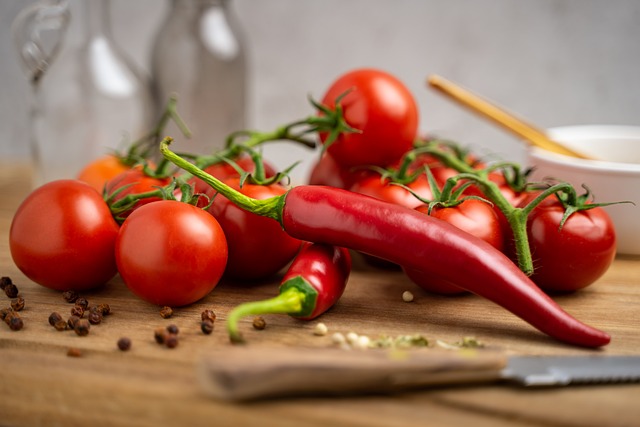
How to Store Chopped Peppers?
Peppers can be stored in the refrigerator in a plastic baggie if you have any leftover after you’ve chopped them. I like to put a tiny paper towel in the bag with the chopped peppers to absorb moisture and keep them dry.
For storing freshly chopped peppers, a sealable container works just as well.
This will allow them to last for a few days, and you can use them just like any other chopped pepper. Again, throw them away if you notice any rot indicators, such as mold or black spots.
How to Store Cooked Peppers?
In search of a time saver? Prepare your peppers in advance and freeze them. However, you don’t want to fully cook them. They should be cut into slices and cooked for just a few minutes, until they are about halfway done.
The original crispness will be preserved in part as a result of this.
Once they are nice and firm, spread them out on a baking sheet and freeze them for about an hour.
To store them in the freezer, vacuum-seal them or place them in freezer bags. In this manner, they can easily last six months. Simply thaw them out when you’re ready to use them and follow your recipe.
Can I Freeze My Peppers?
There are numerous methods for preserving peppers if you have a lot that you won’t be able to use right away. Simply freezing peppers is one of the simplest methods of preserving them. With almost all of the original nutrients and flavor retained, this prevents the peppers from deteriorating. This is why one of our preferred methods of pepper preservation is freezing.
How to Freeze Peppers?
Freezing peppers is a great way to stop them from going bad if you plan on using them over a period of several months. Even during the offseason, you can use this method to maintain a steady supply of peppers that taste fresh.
It is frequently a good idea to blanch vegetables before freezing them for improved preservation. With peppers, however, this is not the case. Instead of remaining firm and crisp after blanching, peppers may become limp and soggy. Even if you don’t blanch your peppers before freezing, the nutrients will remain in the peppers for months.
When you are freezing peppers, try to pick the best, firmest, and freshest ones you can. The peppers should then have their exteriors thoroughly washed with cold water while being checked for skin breaks. If everything is in order, you can cut your pepper into whatever shape you want after removing the seeds, stem, and membrane.
Put your peppers on a cookie sheet and spread them out before flash freezing. Spend an hour freezing the sheet. If you do this, your peppers won’t stick to one another when you store them for a longer time.
Put your pepper pieces in a freezer-safe bag after they have been briefly frozen. As much air as you can get out of the bag. To help you recall the date you put the peppers in the freezer, we also advise adding a date to the bag’s label. When properly stored, frozen peppers can last up to a year.
Conclusion
Peppers do not require refrigeration, but they can last up to ten times longer there. Your peppers will last up to three weeks if you store them in the crisper drawer of your refrigerator, which will yield the best results.
Peppers can last on your counter for a few days but will keep much longer in the refrigerator. The humidity and temperature of the space will determine how long peppers will remain fresh if left on the kitchen counter.
If you store peppers properly, they will last longer than many other vegetables. If you know how to preserve their freshness for as long as possible, you can benefit from pepper deals at the grocery store.
Read about

